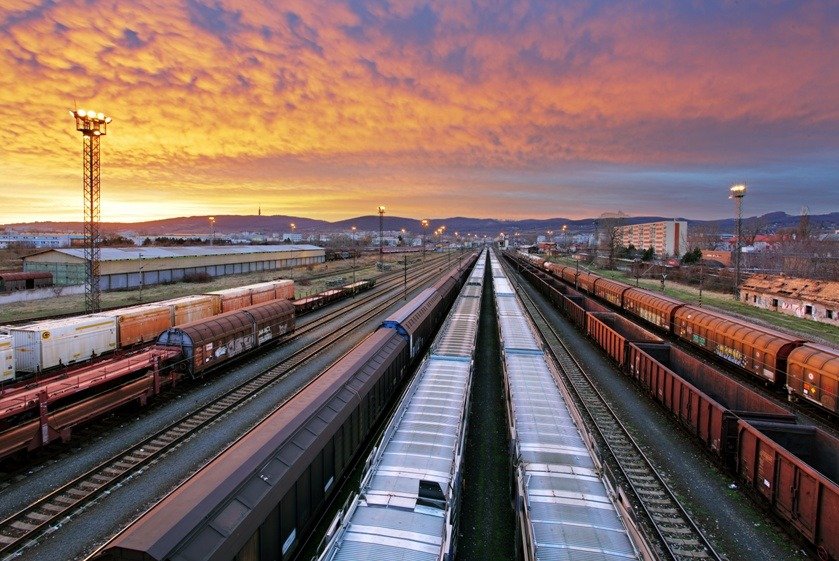Dedicated Freight Corridor

Dedicated Freight Corridor: Transforming India's Logistics Landscape
The Dedicated Freight Corridor (DFC) is a groundbreaking infrastructure project aimed at revolutionizing freight transportation in India. Conceived to address the inefficiencies and bottlenecks in the current rail freight system, the DFC promises to enhance the speed, efficiency, and reliability of goods movement across the country. By providing an exclusive, high-capacity railway network for freight trains, the DFC is set to significantly reduce transportation costs and transit times, bolstering the competitiveness of Indian industries. In tandem with these advancements, the real estate market is also flourishing, with opportunities such as a 1 BHK in Panvel for sale. Investing in a 1 BHK in Panvel for sale not only provides a modern living space but also places residents in proximity to one of India’s most transformative freight corridors.
Strategic Importance and Route Coverage
The DFC comprises two main corridors: the Western Dedicated Freight Corridor (WDFC) and the Eastern Dedicated Freight Corridor (EDFC). The WDFC stretches approximately 1,504 kilometers from Jawaharlal Nehru Port in Mumbai to Dadri in Uttar Pradesh, passing through key industrial regions in Maharashtra, Gujarat, Rajasthan, and Haryana. The EDFC, on the other hand, spans about 1,856 kilometers from Ludhiana in Punjab to Dankuni in West Bengal, serving the densely populated and industrially vibrant states of Punjab, Haryana, Uttar Pradesh, Bihar, and West Bengal. These corridors intersect at Dadri, creating a seamless and integrated network that connects major ports, industrial hubs, and consumption centers.
Economic and Environmental Benefits
The DFC is poised to deliver substantial economic benefits by reducing logistics costs, enhancing supply chain efficiency, and fostering regional economic development. The dedicated tracks will allow for longer and heavier freight trains, thereby increasing the overall freight capacity. This increased capacity is expected to attract a higher volume of goods to rail transport, which is more cost-effective and environmentally friendly compared to road transport. The shift from road to rail is anticipated to reduce greenhouse gas emissions, lower fuel consumption, and decrease road congestion and accidents.
Technological Innovations and Future Prospects
The DFC project incorporates advanced technologies and modern engineering practices to ensure optimal performance and sustainability. The corridors are equipped with state-of-the-art signaling and telecommunication systems, automated control mechanisms, and robust track infrastructure designed for high-speed operations. These technological advancements will facilitate the smooth and efficient movement of freight trains, minimizing delays and maximizing throughput. As the DFC becomes fully operational, it is expected to attract significant private sector investment and stimulate the growth of ancillary industries, thereby contributing to India’s long-term economic growth and development.
